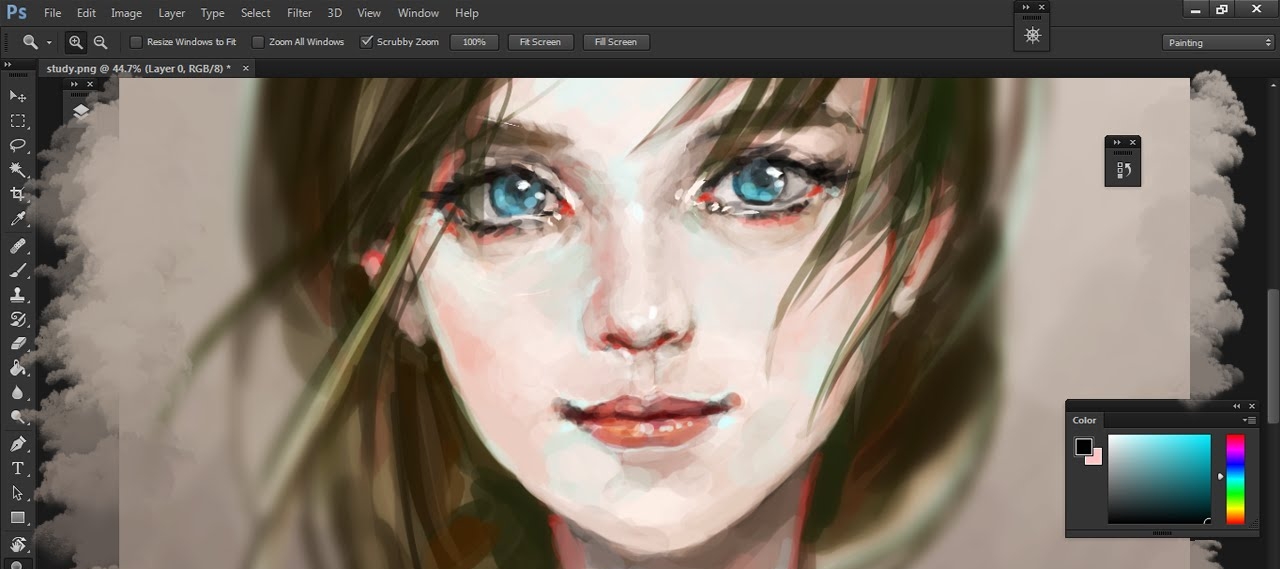
anikaboo
Uncategorized
[av_textblock size=” font_color=” color=” av-medium-font-size=” av-small-font-size=” av-mini-font-size=” av_uid=’av-jxgxp9kh’ admin_preview_bg=”]

We follow influencers because we enjoy seeing their updates. We *want* to know what they’re doing or recommending. We don’t want the reality of their life, we don’t care if they’ve run out of milk, we want the beauty and the drama. That’s their job. To be interesting or pretty enough to attract a large volume of followers, and convince them to like, comment or click links. I’ve never actually met many of the influencers I follow. I’m enjoying their content and I like their posts, does it matter whether I’ve met them in person? Or for that matter if they’re even real people, or total fakes?
[/av_textblock]
[av_textblock size=” font_color=” color=” av-medium-font-size=” av-small-font-size=” av-mini-font-size=” av_uid=’av-jxgxpx2q’ admin_preview_bg=”]
Real Fakes
Many of the influencers we follow are what I call “real fakes”. Like pop stars, they’re perfectly manicured to be appealing. Everything from their personality, hair, make-up, poses, posts and even their replies are crafted. Often by an agency or teams. Is there’s much that’s actually authentic about them?
Carolyn a UK travel blogger with 200k followers (theslowtraveler) notes “Nobody wants to see me in my pyjamas, with my explosive morning hair, hunched over my laptop on the sofa. That’s how I spend most of my days”. Like many other influencers, her posts are artfully curated to look appealing. Between agencies, PhotoShop and apps like FaceApp, you’re never quite sure if what you’re seeing is real.
So what’s the difference between a real person that’s presenting a fake version of themselves (real fake) and a virtual person posing as real? How fake does an influencer have to become before people start to get upset? Considering the example of Johanna Olsson’s fake pictures in Paris, would it have been ok if the photoshop work was better? (She seemed to think so)
[/av_textblock]
[av_testimonials style=’grid’ columns=’2′ grid_style=” interval=’5′ font_color=” custom_title=” custom_content=” av_uid=’av-jxgxo6zz’ admin_preview_bg=”]
[av_testimonial_single src=’4071′ name=’Carolyn Stritch’ subtitle=’theslowtraveler.net’ link=’http://’ linktext=” av_uid=’av-1umx5o’]
Sometimes that coffee cup I’m holding is empty. I suck in my stomach. I rearrange the furniture. I photoshop out dirty marks made by bashing furniture off the walls.
[/av_testimonial_single]
[/av_testimonials]
[av_textblock size=” font_color=” color=” av-medium-font-size=” av-small-font-size=” av-mini-font-size=” av_uid=’av-jxgy02cn’ admin_preview_bg=”]

Virtual Models
Computer graphics are now so good that it’s almost impossible to distinguish real people from virtual ones (scaling the uncanny valley). Take this photo of 3 models for example, one of the models is virtual. If I hadn’t checked, there’s no way I would have ever figured out which one was virtual (my first guess was wrong). Her feed is full of great fashion and photo ideas, and it’s surprisingly enjoyable. If I started following Imma without knowing she was a virtual girl, would it matter?
Beastly. Not just beauty
Whilst there’s plenty of attention on virtual models at the moment, AI is becoming really good at eSports too. I follow lots of StarCraft Champions on YouTube & Twitch to learn new strategies, but watching IBM’s new AI beat them so quickly was something else.
Whilst I doubt I could ever play at the level of a StarCraft World Champaion, that’s an AI player that I can learn from! It doesn’t matter that it’s not a real person. I’m not even sure if the people I’m playing on Battlenet are real most of the time.
So if you like her posts and follow her, does it matter that she’s a virtual girl?
Title Photo Credit: https://www.deviantart.com/heera-art?rnrd=244208
[/av_textblock]
